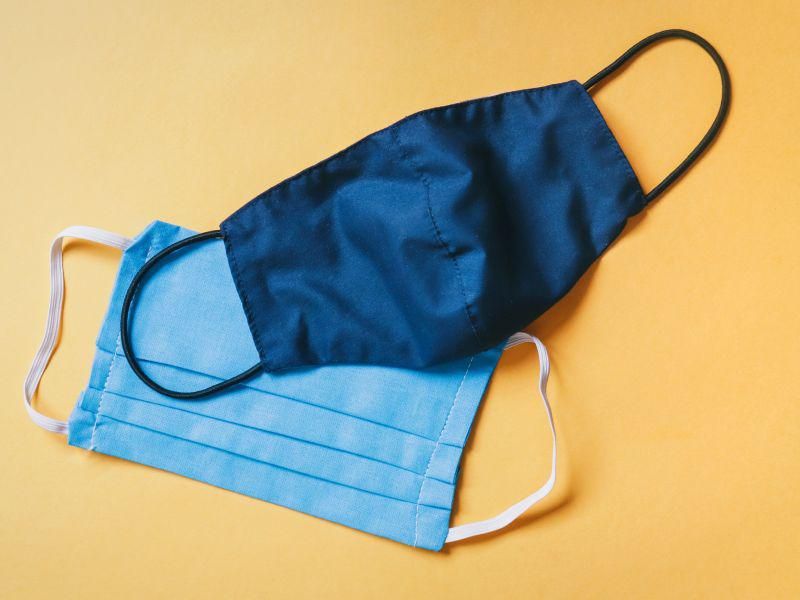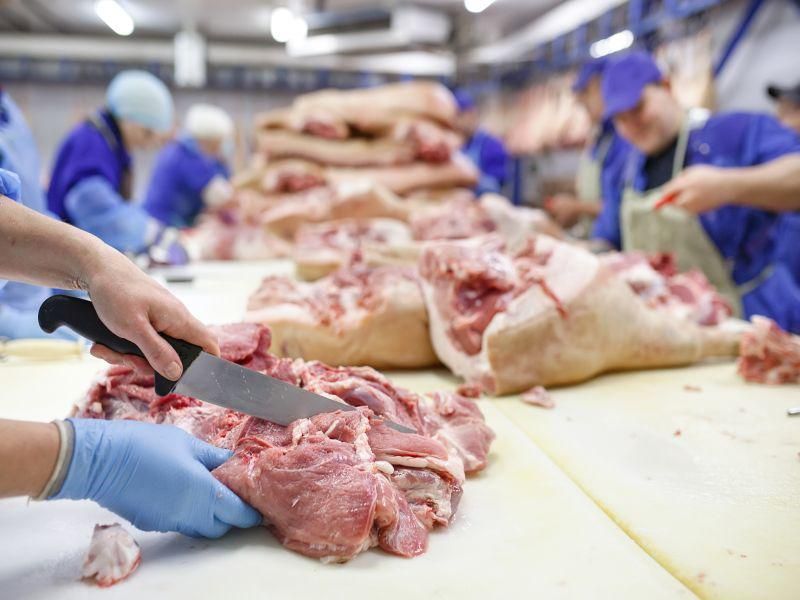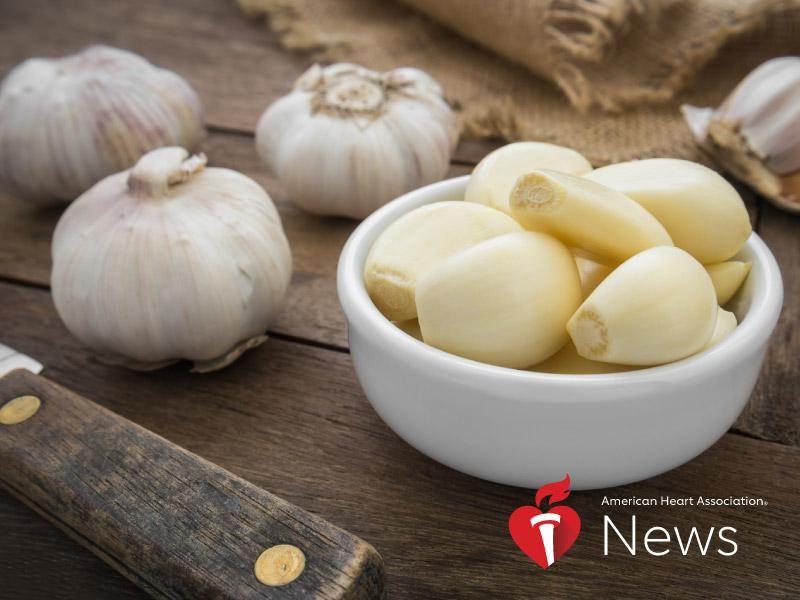
Men with certain sleep problems, like sleep walking, may be at a higher risk of developing Parkinson’s disease, a new study suggests. Among nearly 26,000 men, researchers found those who sleepwalked or had rapid eye movement sleep behavior disorder (RBD) had a four times or higher risk of developing Parkinson’s disease compared to those who… read on > read on >


















